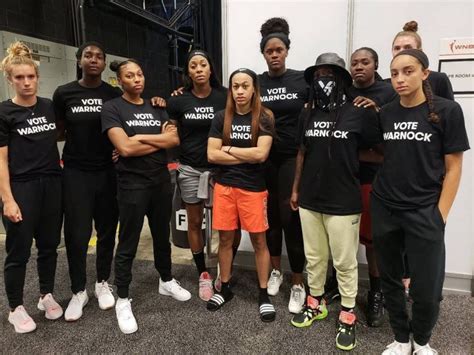
Hope you enjoyed our special discussion with Mike Claiborne, St. Louis area sports broadcaster. The show covered a wide range of topics. As usual, we always try to provide some additional information of interests on the subjects. If you liked the episode here are some additional resources for sports broadcasting. First and foremost, we want to boost Mike’s signal. He has his own podcast and we hope some of you sports fans will tune in and hear what he has to say and learn a little more about Mike’s experiences As Mike and our co-host Ray Smaltz mentioned, Black sports broadcaster are few and far apart. And that is true for all professional sports. As we know, race and racism permeate all aspects of American life and sports is no different. Coverage of the NFL is predominately by white broadcasters despite the large numbers of former Black players. Even in the NBA, where players are overwhelming Black, it is difficult to find Black play-by-play announcers. Interestingly, the NHL market seems to be taking some positive steps in this area. Much more work needs to be done.
Do Black coaches get the opportunities they deserve?
Race and racism impact the selection of football coaches at major universities and in the NFL. Recently, the #1 college draft pick committed to an HBCU. The HBCU, Jackson State, has Deion Sanders as the coach. The decision was shocking because the player, Travis Hunter, rejected a college football powerhouse, FSU, in order to go to Jackson State. It may signal that the failure of the big Universities to hire coaches of Sanders reputation may create a turning point in favor of the HBCUs. An issue lurking in the background is whether Sanders ended up at an HBCU because no major white university would give him the opportunity to be head coach. The challenges don’t end with college ball. The Rooney Rule was adopted in 2003 to help diversify coaching ranks in the NFL. But Black and other minority coaches are still rare. There are plenty of experienced Black position coaches who should be getting offers. But, we still don’t see it happening. In the wake of the George Floyd protests the NFL made a commitment to change, but the Black coaches don’t see the change happening. We’ll see what happens next season.
Black Athletes and Their Health
This year highlighted both positives and negatives regarding our athletes’ health. Black female athletes chose to prioritize their mental health rather than sacrifice themselves for sports. Simone Biles chose not to compete in events at the Olympics and Naomi Osaka withdrew from major tournaments. These two brave sisters demonstrate that no amount of money is worth risking good mental health. Of course their decisions sparked backlash, but they did not yield to the pressure. Their actions will force the sports world to pay more attention to the health and well being of their players. Although…that might not be true in the NFL. We continue to see former NFL players suffer from the consequences of CTE. Vincent Jackson, 38, died from alcohol abuse brought on by the impact of CTE (chronic traumatic encephalopathy) on his health. The autopsy results for another former player, Philip Adams, who killed six people before killing himself, also showed CTE in both lobes. In the meantime, this year the NFL admitted it used racially biased measurements (race “norming“) to deny or reduce benefits former Black players are entitled to under the CTE settlement. Our athletes are not fungible commodities for public consumption. They deserve better.
Black Athletes and Activism
Activism is not new for the Black athlete. Throughout American history our athletes have raised their voices against racism and oppression. And it hasn’t been just the men. Black women athletes have in the past and continue to lend their voices to social justice. Our header picture is of the Atlanta Dream, the WNBA team that elevated the art of protest. Their voices were so powerful, one of the co-owners was forced to sell her share of the team. And our current generation of athletes are making it clear, they are not “one issue” activist. They are using their platforms to keep up the pressure in the fight for justice and equality. Keep your eye on LeBron James, Steph Curry, Natasha Cloud and Maya Moore. And Colin Kaepernick is still speaking his truth. Check out Colin in Black and White on Netflix.
Resources for Sports Broadcasting ends our posts for season 3. We are looking forward to season 4 and a new line up of exciting and meaningful shows. Happy New Year to all our listeners and subscribers.